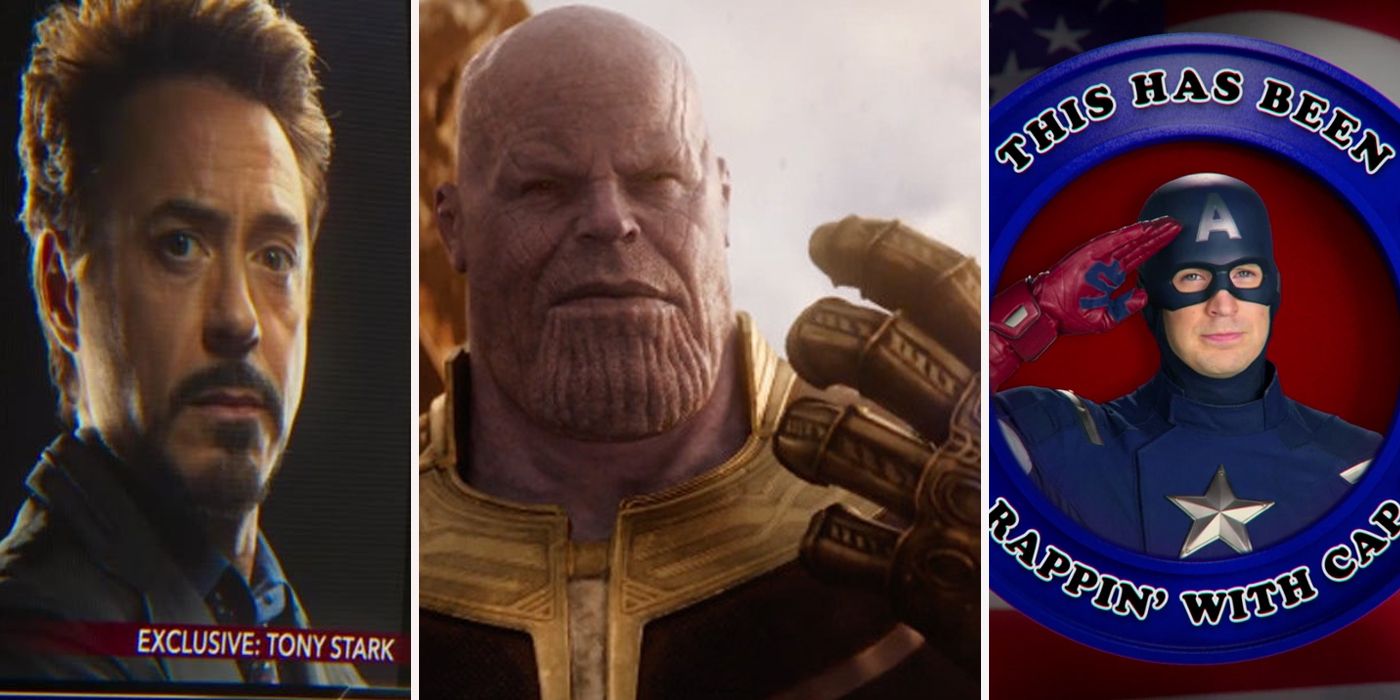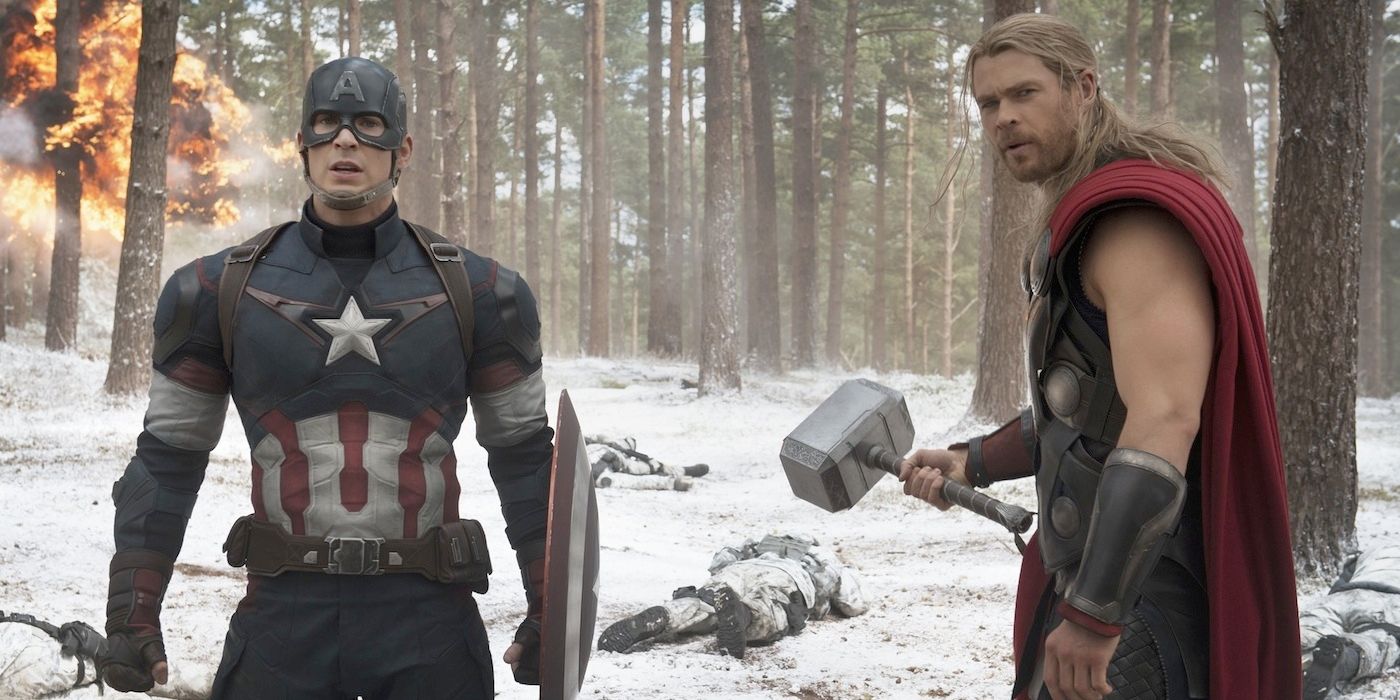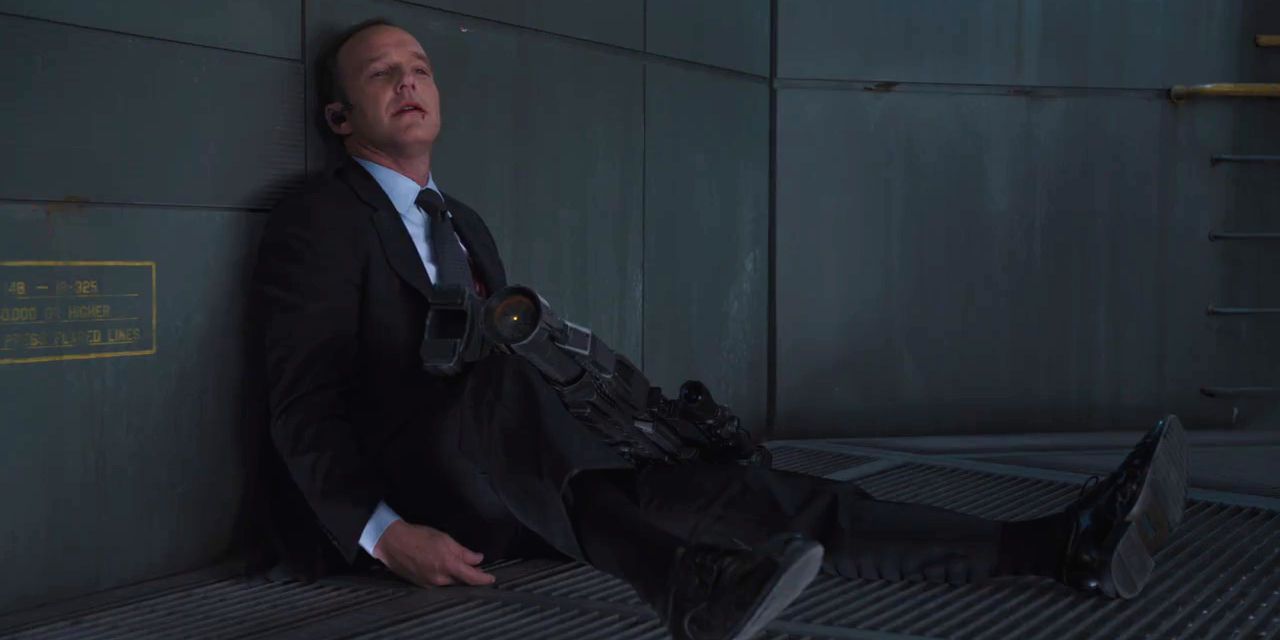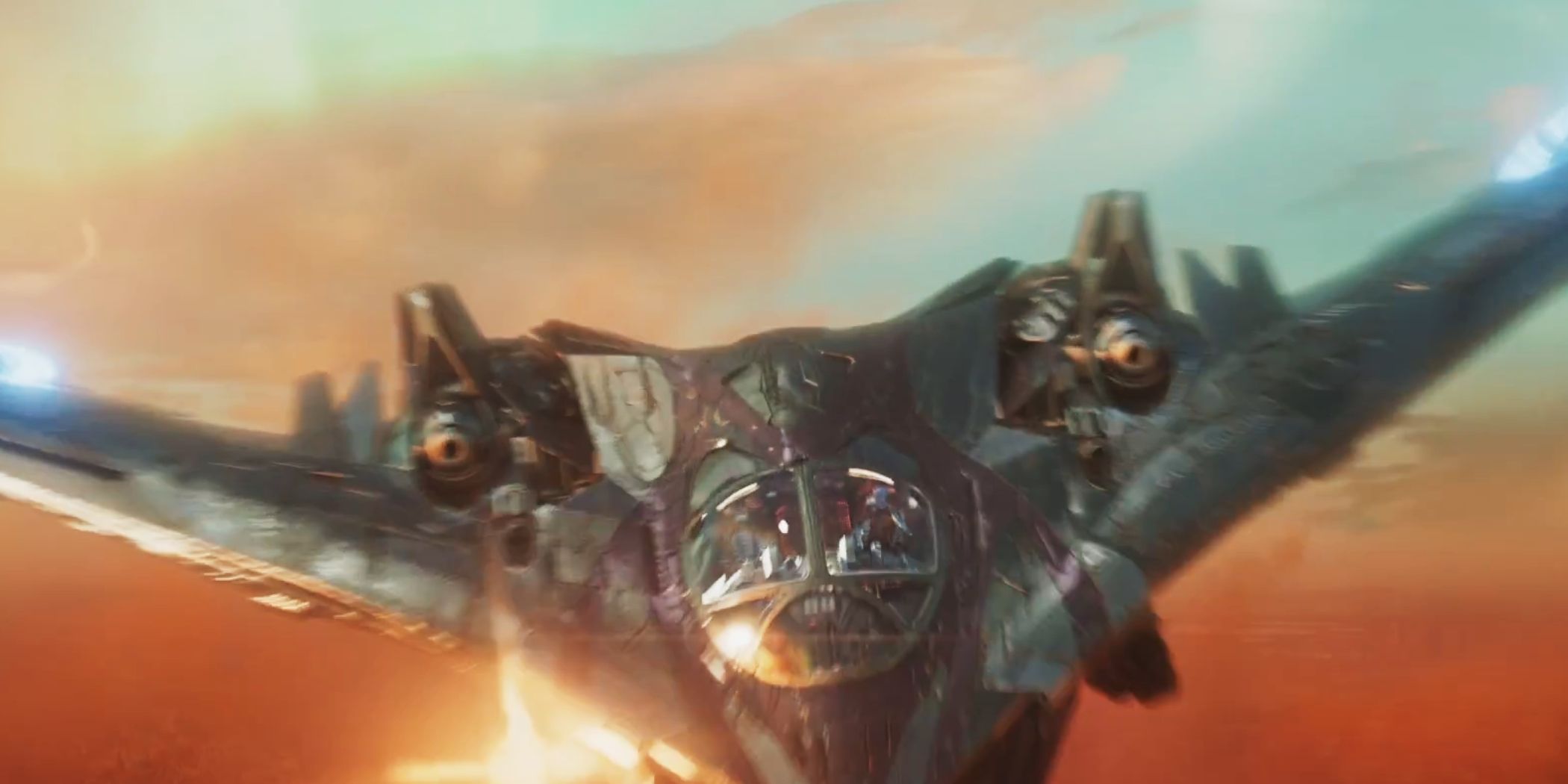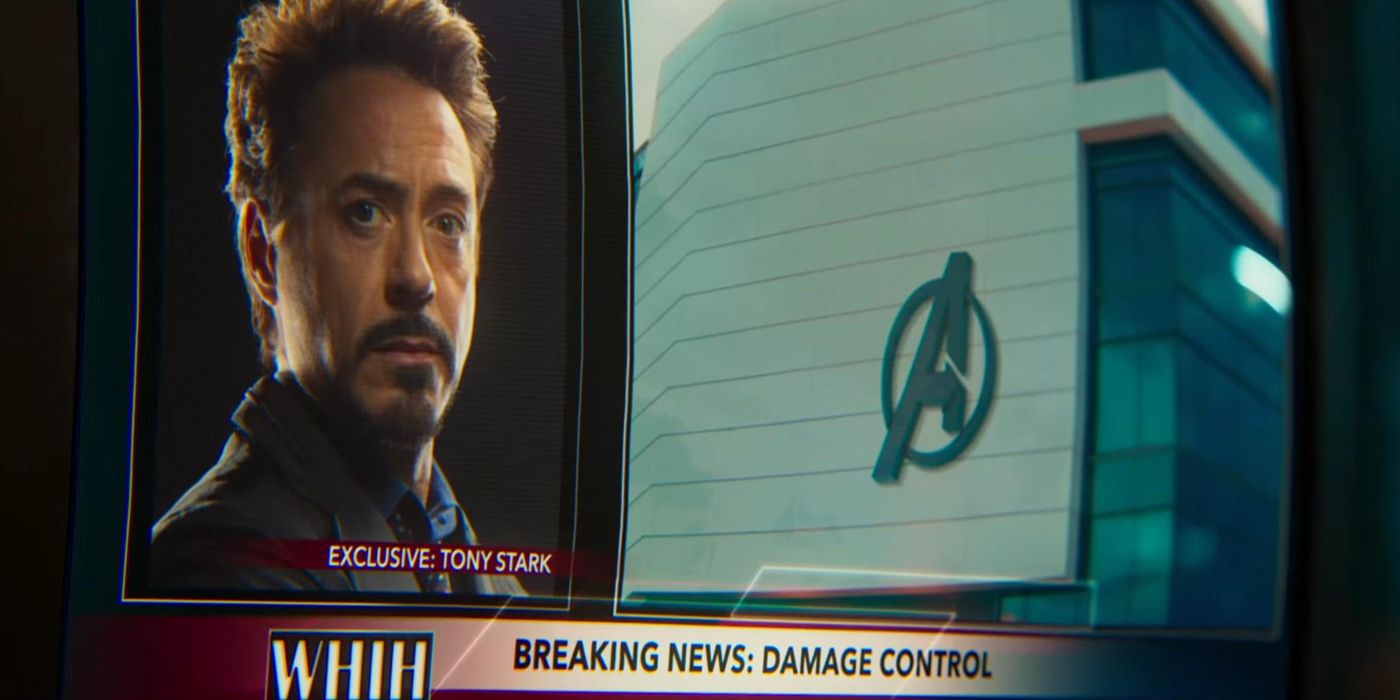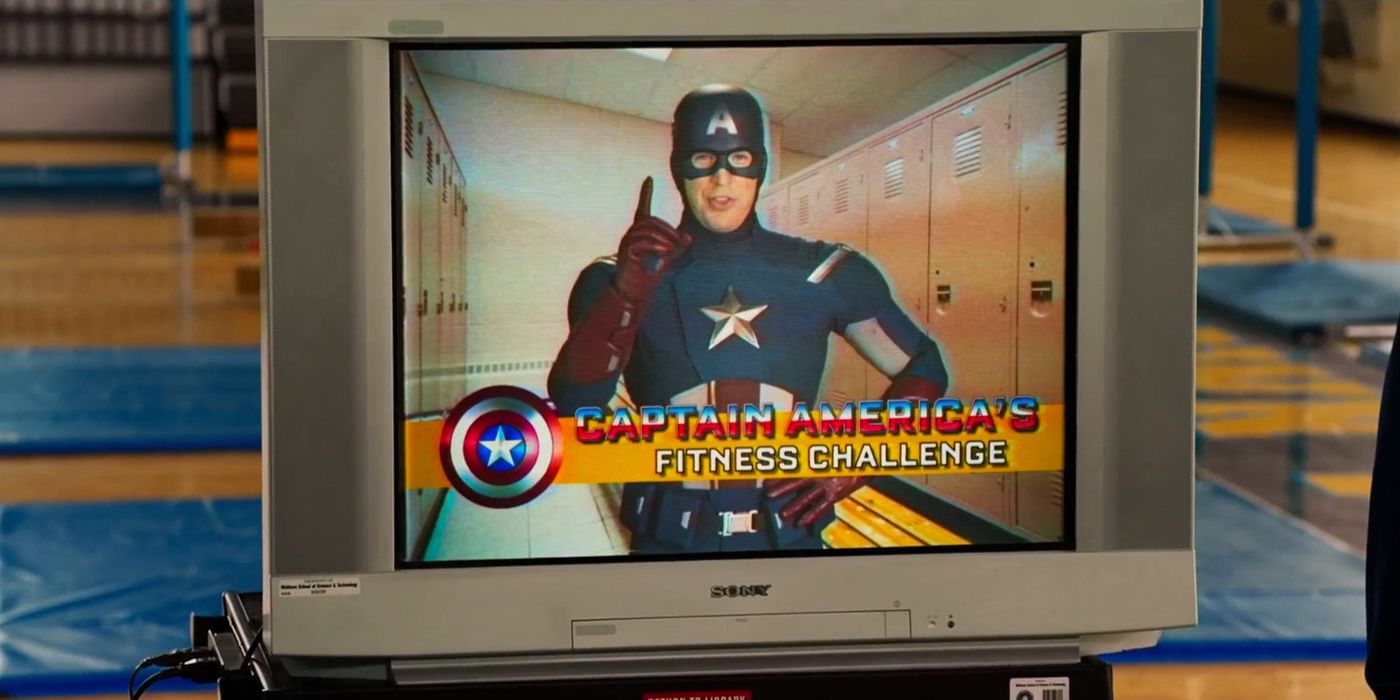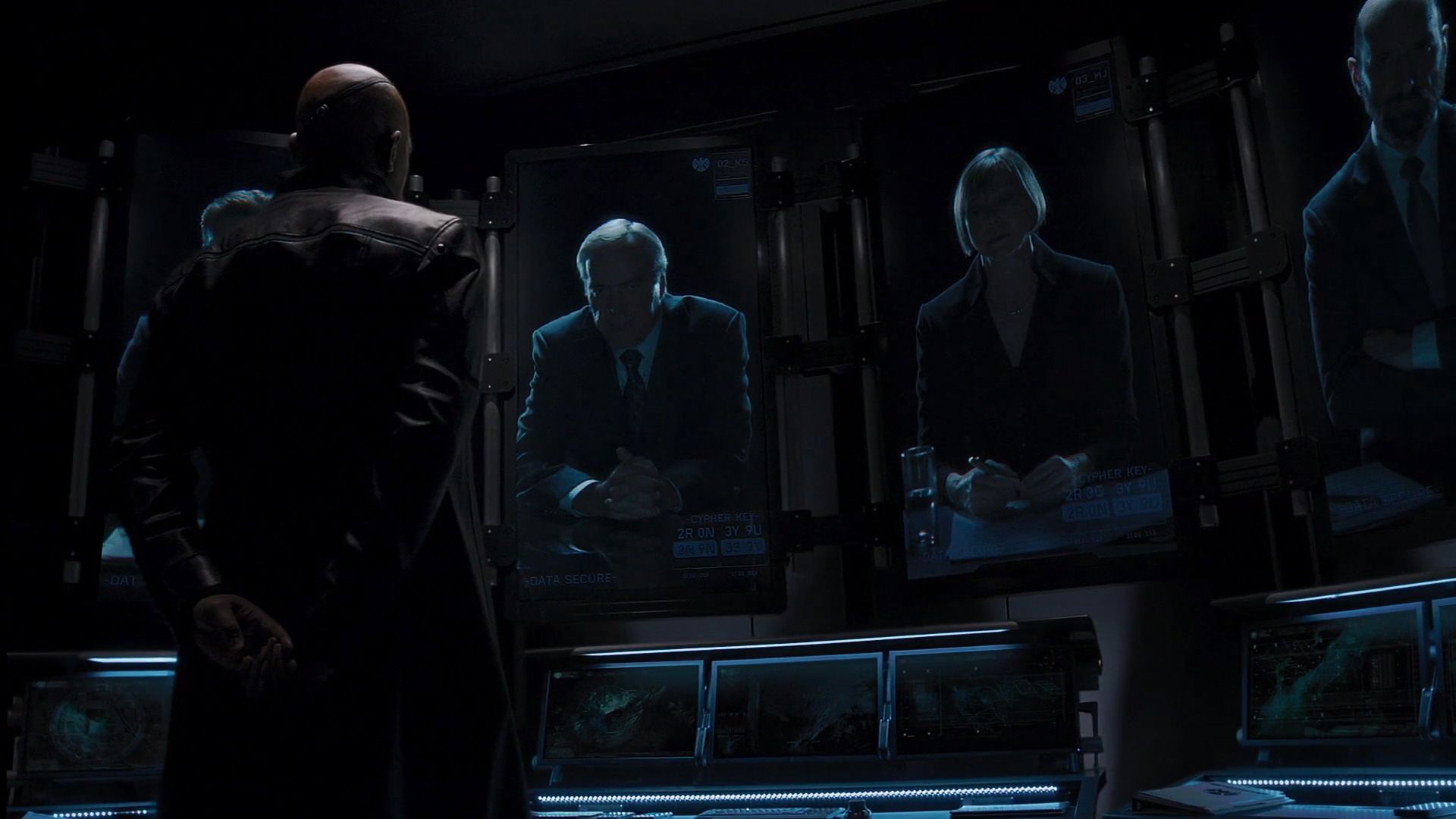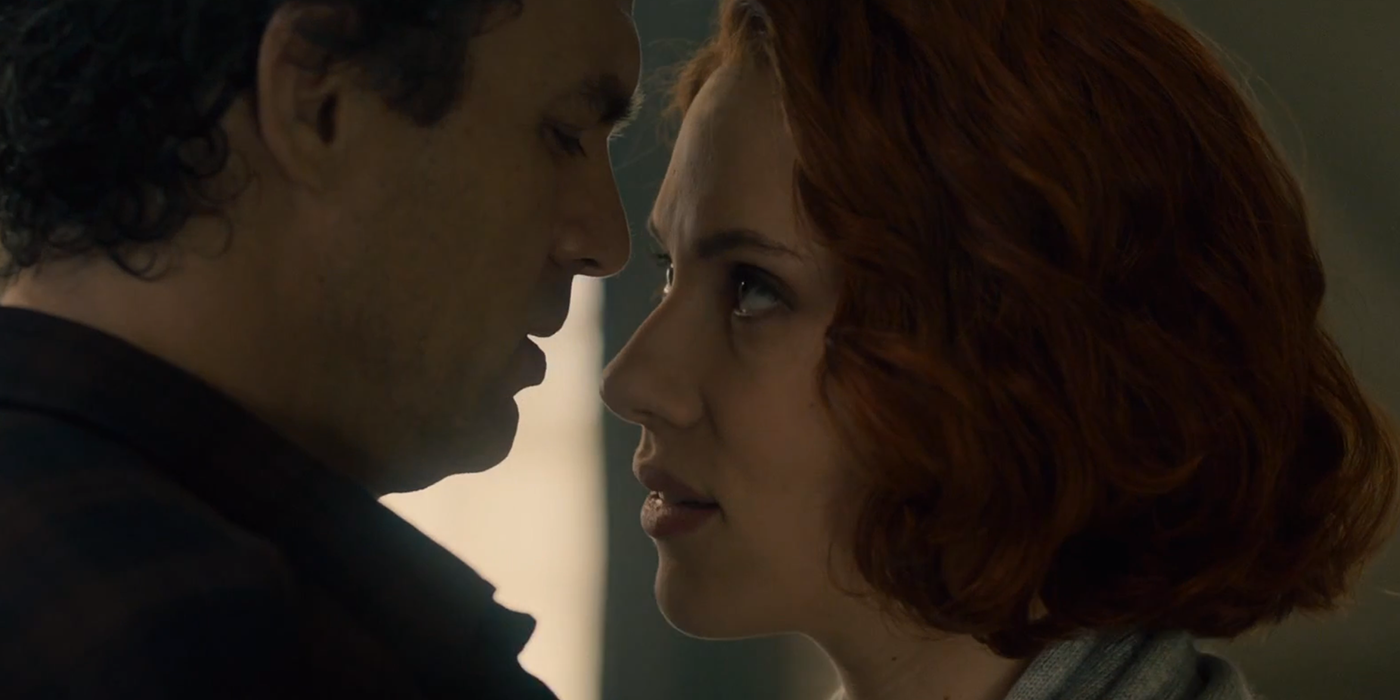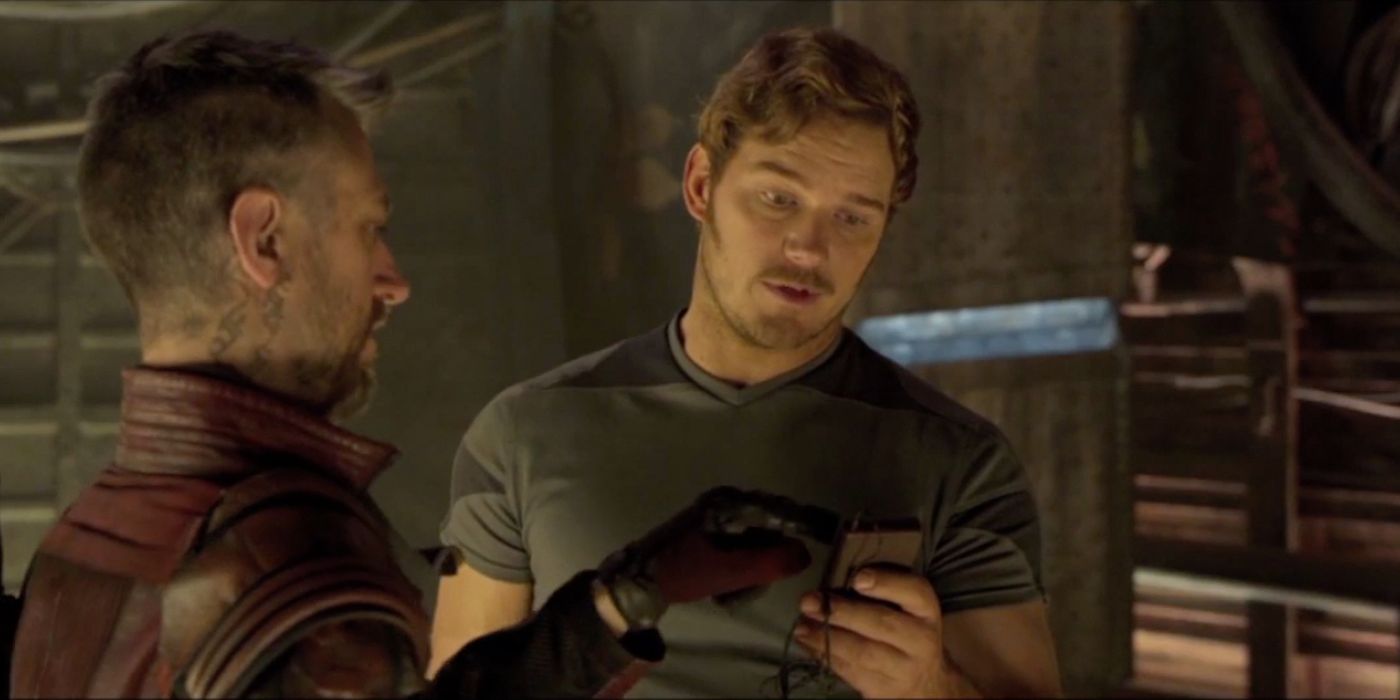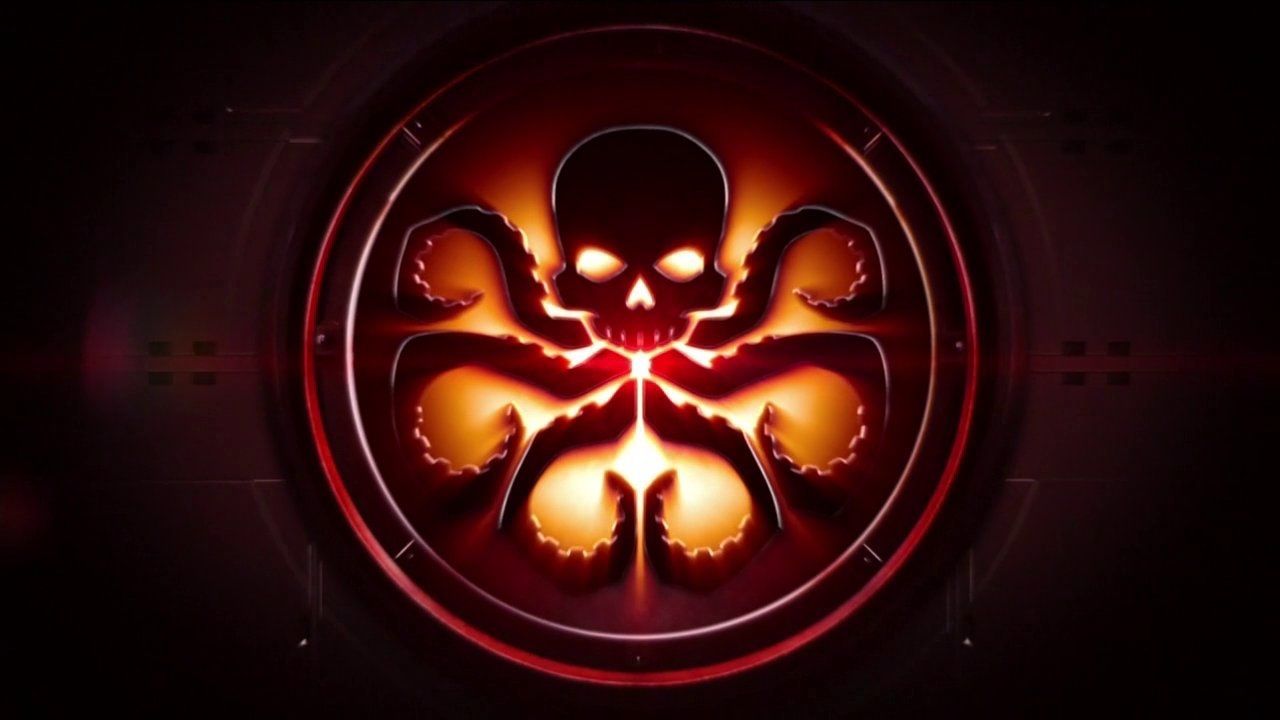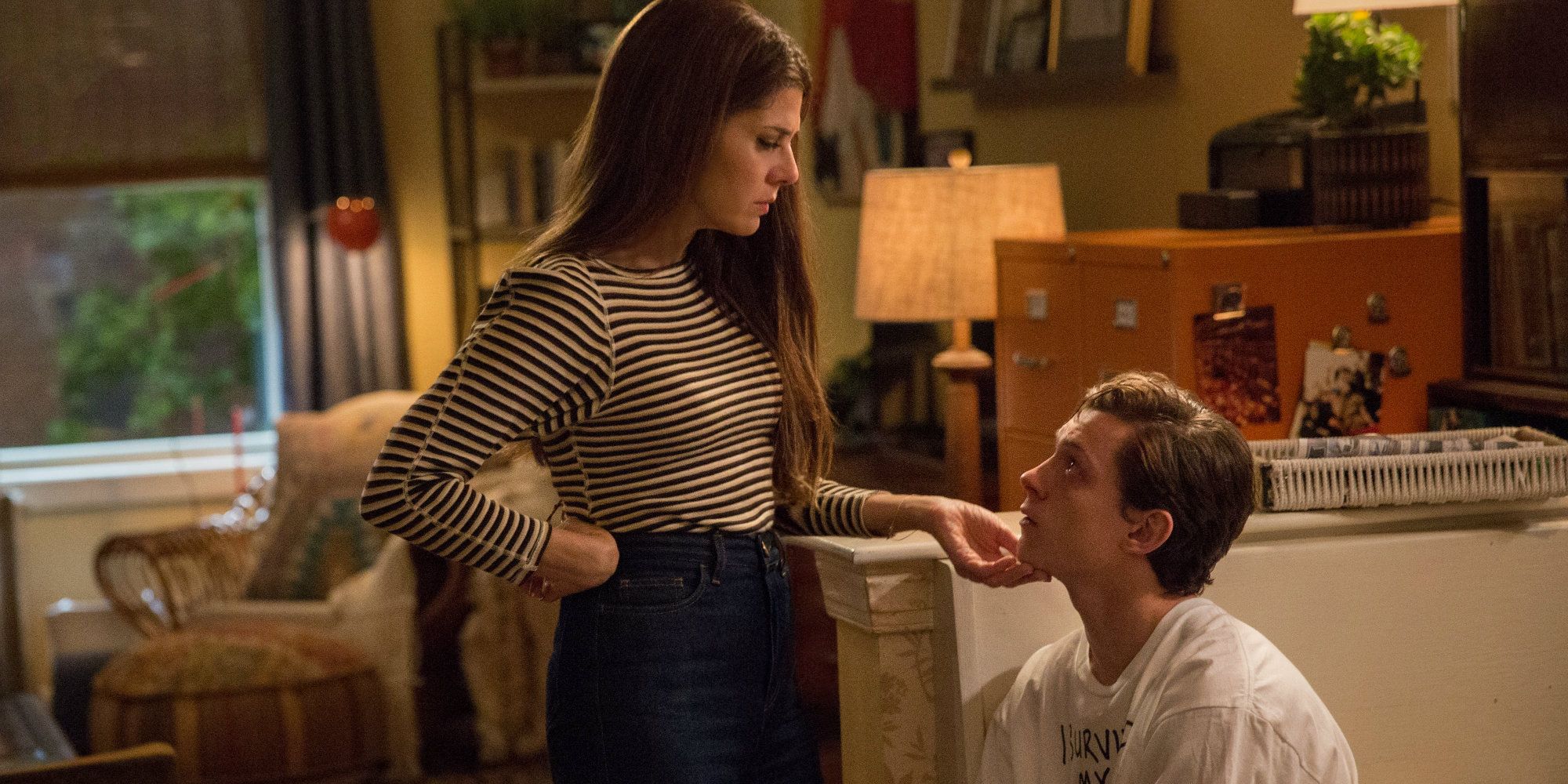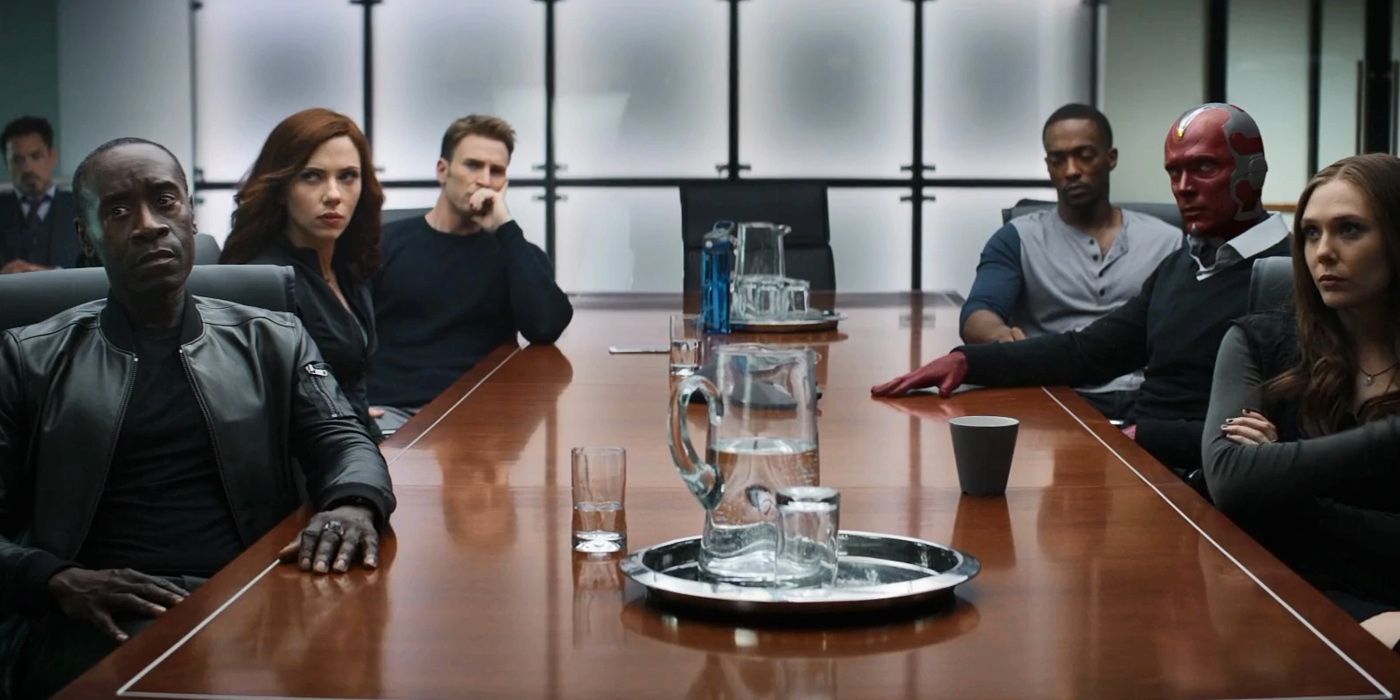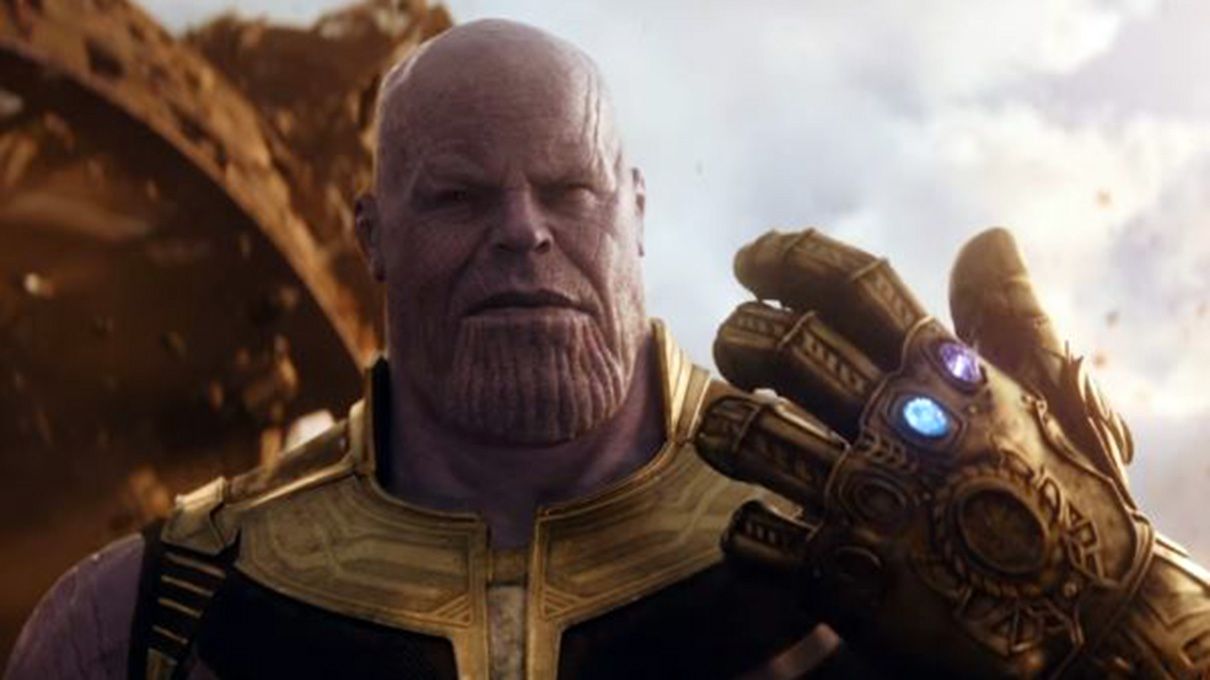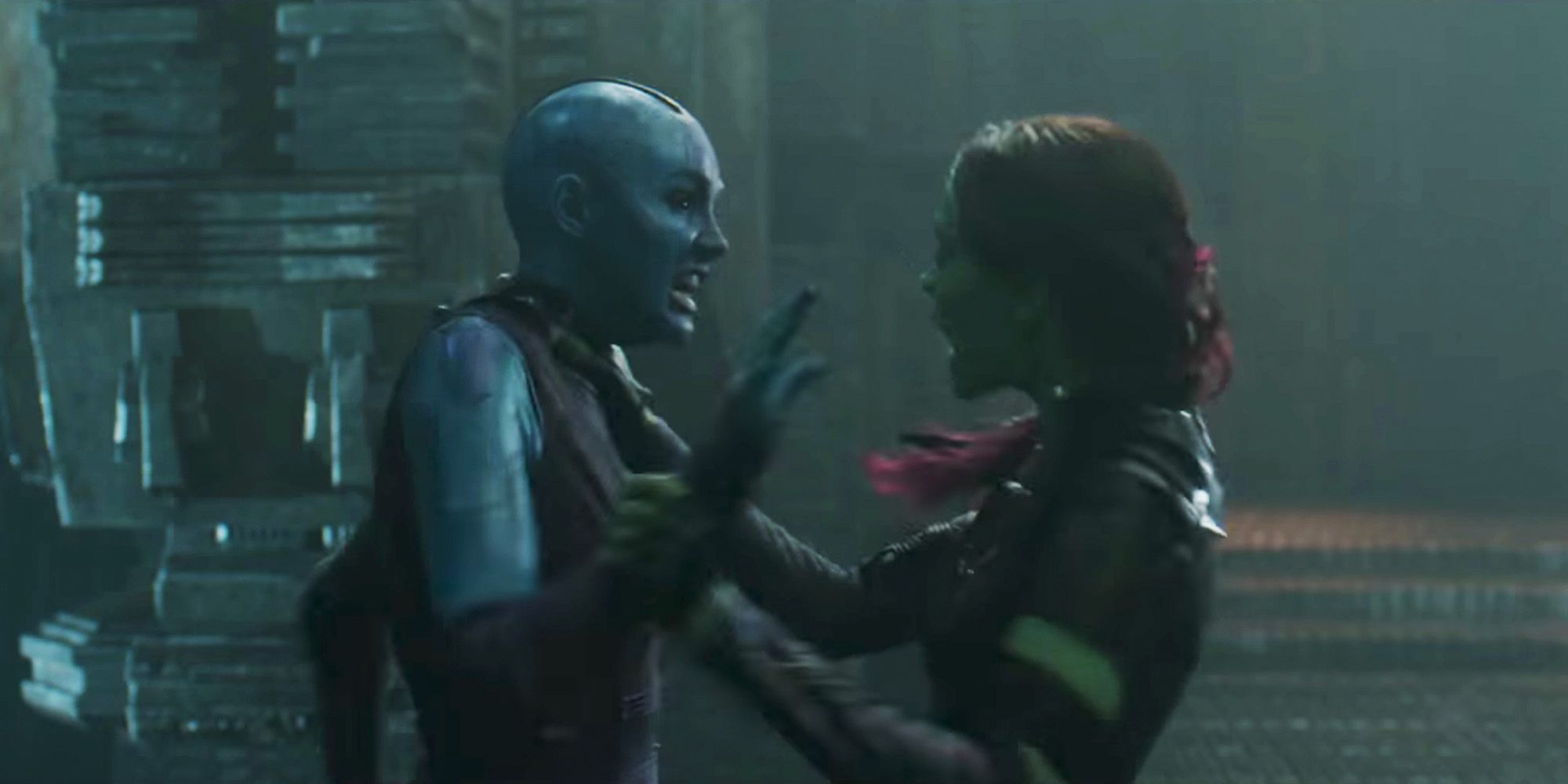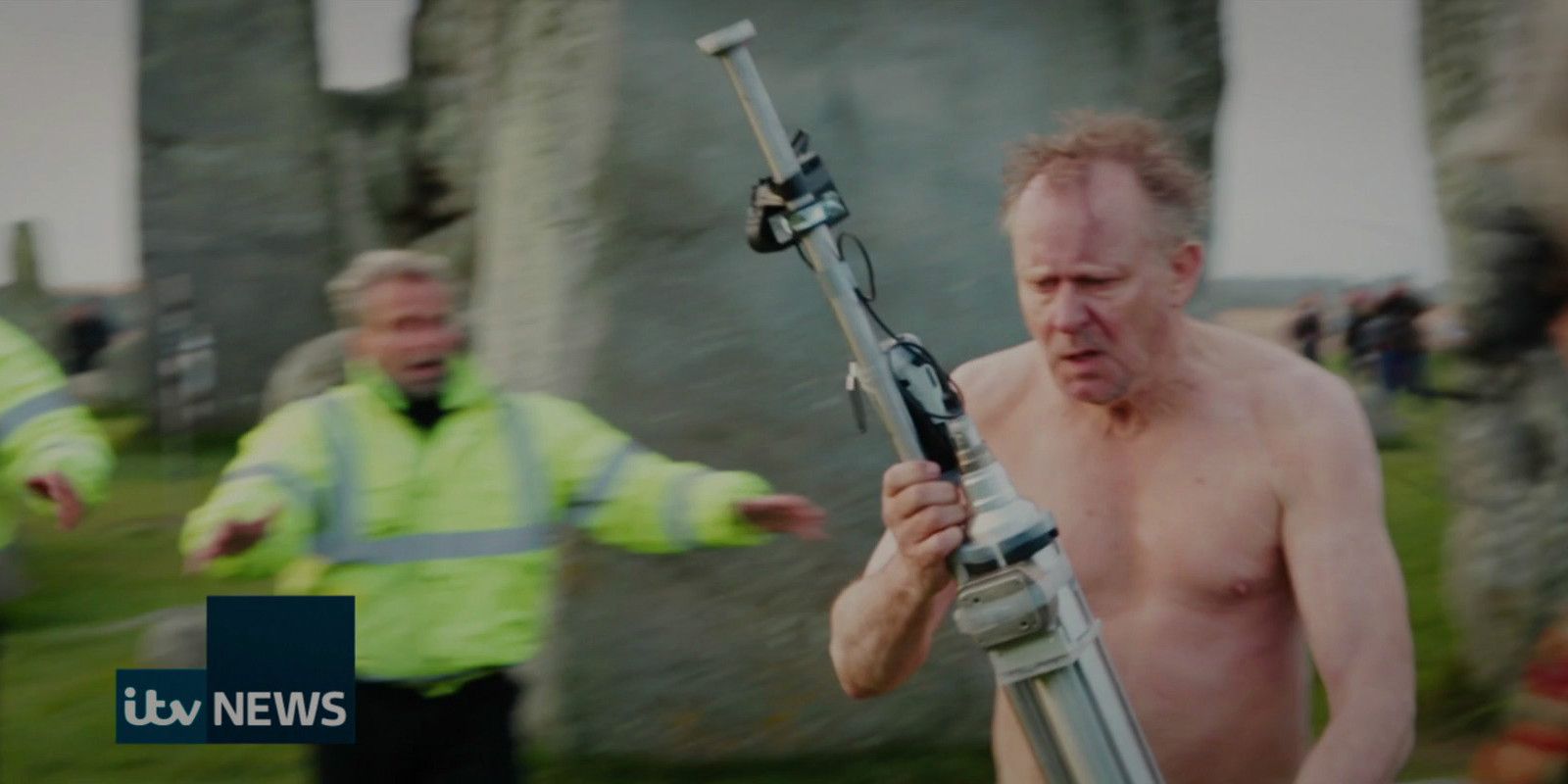The Marvel Cinematic Universe is, without a doubt, the most successful franchise in film history. It began the era of on-screen superheroes with Iron Man in 2008 and now, ten years later, is nearing the end of Phase 3.
The MCU brought fan-favorite comic characters to life, and is only continuing to expand. The studio redefined action movies, creating some of the most intense battles ever seen (including the real life Battle of the Chrises).
The beauty of the MCU is its continuity. The filmmakers have managed to create one huge timeline, weaving movies together almost seamlessly even if they're released years apart. Captain America: The First Avenger came out in 2011, yet still managed to lay the story foundation of 2008's Iron Man.
For the most part, Marvel has perfected their craft. But even the biggest of fans can admit that there's been some stumbles in story over the years. The timeline is huge and, understandably, the studio probably didn't think they'd have to plan so far ahead.
It's a world of superhumans and aliens, so suspension of disbelief is generally pretty easy. However, some moments are harder to get past than others.
Here are the 15 Things About The MCU That Make Absolutely No Sense.
15. Communicating with Thor
The good thing about the Avengers is that they are "Earth's mightiest heroes." Earth's-- which means they're pretty easy to keep track of, and S.H.I.E.L.D. definitely keeps close tabs on them.
Thor, however, is not from Earth. He's always ready to help save it, but generally spends his free time at home on Asgard. So how exactly does S.H.I.E.L.D. call him in for a job?
The easy answer would be Heimdall. He sees everything, so he could easily let Thor know if an attack is happening. However, for those missions where it's not spur of the moment, Thor has to have a heads up. It'd be odd to relegate Heimdall to secretary duties, letting Thor know when Fury and Co. need him.
It's a minor thing, but merits at least some explanation in the MCU.
14. Coulson's survival
As the old saying goes, "The Avengers weren't built in a day." Well, those may not be the exact words, but it is true. The heroes needed a push to become a real team. Phil Coulson's death was a big part of that push. However, as it turns out, death wasn't so permanent for him.
Fans were excited to get Coulson back in Agents of S.H.I.E.L.D., but his return still a point of confusion in the MCU. That's mostly because it's never really explained. The show makes a point to say that yes, Coulson was dead and was brought back because "Director Fury moved heaven and earth."
They vaguely allude to surgeries that "no good doctor would ever allow" but never give the specifics. Bucky survived the huge fall, but he never outright died. So playing Dr. Frankenstein, even for Nick Fury, is pushing logic pretty far.
13. Space travel
Marvel has taken full advantage of its visual effects teams, especially in the Guardians of the Galaxy movies. They've created gorgeous planets and species, even the spacecrafts and tech are believable. However, for whatever reason, the space program on Earth isn't as developed.
Tony Stark is mastering clean energy, has weapons on lock, and even has a suit that can work underwater. However, within the MCU, he hasn't gotten a lock on space travel. If he hasn't, then the government definitely hasn't. But S.H.I.E.L.D. has to know there are more than just the Chitauri out there.
They've dealt with concepts of space, like wormholes, but haven't made any effort to explore the universe. A super secret space program seems like it'd be right up S.H.I.E.L.D.'s alley though.
12. Tony's Damage Control
Tony Stark is a powerful man, with a penchant for doing insane things. However, buying an entire department within the government seems like it should be out of reach, even for him.
Yet, there's the U.S. Department of Damage Control. The department originally belonged to S.H.I.E.L.D. and picked up specific artifacts, rather than making sure the entire site got cleaned up.
Adrian Toomes had a point: Iron Man and the Avengers made the mess, and now they're getting paid to clean it up. Odds are pretty good that other taxpayers would feel the same way.
The branch makes even less sense given the existence of the Sokovia Accords. Those made it clear that not everyone in the government supports the Avengers, so it's hard to believe they'd support giving Tony Stark control over an entire department.
11. Cap's PSAs
Captain America's cameos in Spider-Man: Homecoming were definitely some of the funniest moments of the movie. Who among us wouldn't be motivated through gym class by The First Avenger? Still, the idea that Cap willingly signed on to make a video like that is odd.
In Captain America: The First Avenger, Steve hates being a face for the war. His doodle of a monkey on a unicycle wearing his suit made that pretty clear. As he tells Peggy Carter, he only puts on the shows because otherwise he'd be having tests run on him in a lab somewhere.
Cap is a man of action, not putting on a show. Fitness challenge videos would realistically be at the bottom of the list of things he would want to do.
10. World Security Council
With a super secret branch of the government like S.H.I.E.L.D., oversight needs to happen. In the MCU, it's not the President giving orders to Nick Fury, it's the World Security Council. The council was international – disasters of galactic proportions can hit anywhere – made up by politicians from some of the world's most powerful countries.
It's made clear in Captain America: The Winter Soldier that only one member of the council was actually tied to HYDRA. Yet, these people opted to hit New York City with a nuclear missile in the Avengers. They were also reluctant to even create the Avengers initiative.
Their decision making has always been seemingly counterproductive, especially if they're the good guys, and made even more confusing by their role in the shadows.
9. Natasha and Banner's relationship
Of all the romantic pairings in the MCU, the romance between Natasha Romanoff and Bruce Banner has definitely caused the most controversy. For most fans, she's supposed to be with Hawkeye, not the Hulk. However, in the MCU, Barton is married and Nat's eyes are on Banner. The thing is, though, that there wasn't a whole lot of build-up to it.
Presumably the sparks came about in The Avengers, when Black Widow is sent to recruit Banner to the team. However, the scene is mostly about their distrust toward one another.
After that, all we see of them together are a few group moments. So when Natasha was suddenly the go-to for calming down the Hulk, and got super flirty in Age of Ultron, more than a few eyebrows shot up.
Whether or not the relationship works is completely subjective, but it can't be denied that the pairing pretty much came out of nowhere.
8. Pop Culture references
Everything about the MCU lets audiences know it's fiction, from the superpowers to the technology. However, the filmmakers do slip in some pop culture nods, making the movies fun and easy to relate to. Not all of them land though.
Most references have come in Guardians of the Galaxy and its sequel. The heroes mention things like Footloose and even score a cameo from David Hasselhoff. It works, because they're from the years when Peter was growing up. But at the end of Guardians of the Galaxy Vol: 2, Peter receives a Zune.
It's funny, but out of date. Assuming Guardians is set in the present, an early version of an iPod would've made much more sense. A smaller misstep came in Netflix's Luke Cage. The show repeatedly name-dropped Obama as President, which created a stir with Marvel fans since Matthew Ellis is president in most other MCU films.
7. HYDRA
There's no shortage of villains in the MCU, each with a new plan to take over the world. HYDRA is arguably the biggest villain so far, even with the build-up to Thanos. However, HYDRA itself is confusing and has created a popular plot hole in the MCU.
They've supposedly been in charge since the early days of S.H.I.E.L.D., eventually taking it over completely to accomplish anarchy. So, that would mean that HYDRA actually created the Avengers team, and more than that, they willingly put Nick Fury in charge of it.
In terms of trying to take over the world, that wasn't really a smart move on their part. It kind of undermines the smart intricacies of their plan. Marvel likely didn't intend for this timeline mishap, but nonetheless they slipped.
6. Spider-Man's origin
With Captain America: Civil War, Spider-Man finally got to make his entrance to the MCU. Even more surprising, it was a portrayal most fans were on board with. Tom Holland has become the clear favorite over his predecessors, Andrew Garfield and Tobey Maguire.
The only downside is the lack of background on his version of the character. How Peter got his powers is mentioned in a passing scene with Ned, but isn't fully expanded on.
Granted, pretty much everyone knows how Spider-Man came to be. The last thing audiences needed was yet another retelling of the entire origin – the heart can only take so many Uncle Ben death scenes.
However, to make no mention of Ben at all – especially given the age chosen for Peter and May Parker in the MCU, and Ben's importance to Spider-Man's motivations – struck an odd chord.
5. Sokovia Accords
The Sokovia Accords are a huge piece of legislation in the MCU. They're literally the basis of an entire movie. However, throughout and after Captain America: Civil War, the ramifications of the Accords get a bit fuzzy, particularly in relation to Spider-Man.
Civil War came down to Iron Man trying to force Captain America and his side to sign the Accords, or be arrested. To help, Iron Man brought in Spidey (marking a triumphant first appearance in the MCU). It's unclear though if Spider-Man signed the deal. If he didn't, his helping Team Iron Man would technically be illegal.
The following events of Spider-Man: Homecoming would also be illegal. As far as we've seen, the Accords were signed into law in Civil War, but haven't really been brought up again since.
4. Happy's personality
The MCU is a huge place with a whole slew of characters. It's easy to overlook minor character arcs, but one in particular has had a strange trajectory-- Happy Hogan isn't all that happy anymore. He's gotten surprisingly cold and hostile over the span of the movies thus far.
Happy was introduced in Iron Man, the movie that started it all. Back then, he lived up to the name, with a good dose of sass added in. He was passionate about his job, and always good for a joke or two. But on his journey from Bodyguard to Head of Security, Happy has become a rigid, no-nonsense guy.
It's best seen when he interacts with Peter Parker, which most of the time he doesn't want to. Yes, Happy has been through some stuff (he was almost blown up because of Aldrich Killian) but overall there's no clear explanation for his change.
3. Thanos
After years of build-up and hype, 2018 will bring the full arrival of Thanos in the MCU. Yet, audiences don't know that much about him. Obviously he's playing a huge part in Avengers: Infinity War but otherwise he's been a vaguely outlined character.
Marvel has made it clear that he's collecting Infinity Stones, purposely doing so from the shadows, and is the adoptive father of Gamora and Nebula. Outside of that, there's no real outline to why he's doing what he's doing. He's really not even on S.H.I.E.L.D.'s radar.
For those who don't read the comics, Thanos' significance has been very muted. He's had no major tie-ins to other movies outside of the Guardians movies, and some slight allusions from Thor. Ideally, things will be laid out better in Infinity War, but for now Thanos is an underdeveloped villain.
2. Nebula and Gamora's relationship
The MCU has some baffling romantic relationships, but its familial ones are somehow odder. Nebula and Gamora's bond as sisters is especially peculiar, albeit very enjoyable.
So far, Nebula has spent most of her time trying to destroy her sister. It apparently stems from her anger and jealousy that Gamora was always Thanos' favorite daughter. After learning that Thanos would have the girls fight and would replace a piece of Nebula with machinery each time she lost, that anger is definitely justified.
However, when Nebula finally bests Gamora, she spares her because that longing for a sister is still there. It's a sweet sentiment, but with that long of a grudge, the hatred probably wouldn't dissipate with the simple explanation from Gamora.
1. Loki's lasting effect
Being under the mind control of a Norse god with a superiority complex can be taxing to say the least. However, Clint Barton and Erik Selvig had severely different reactions to it.
When Selvig got control of his faculties back, he seemed fine. He was shaken, but clear enough to help close the portal. However, in Thor: The Dark World, Selvig has gone a little crazy. He's caught running naked from police and has a pharmacy's worth of pills to take.
On the contrary, Hawkeye didn't have nearly as bad of a fallout as Selvig. After regaining control of his mind, Hawkeye was back to work within the hour.
Based on what's been shown, there's no core difference between Barton and Selvig. Both are human, not enhanced in any way. Barton is significantly younger, which could explain the difference in the long-term effect, but it's never truly explained.
---
Can you think of any other plot holes in the MCU? Sound off in the comments!

